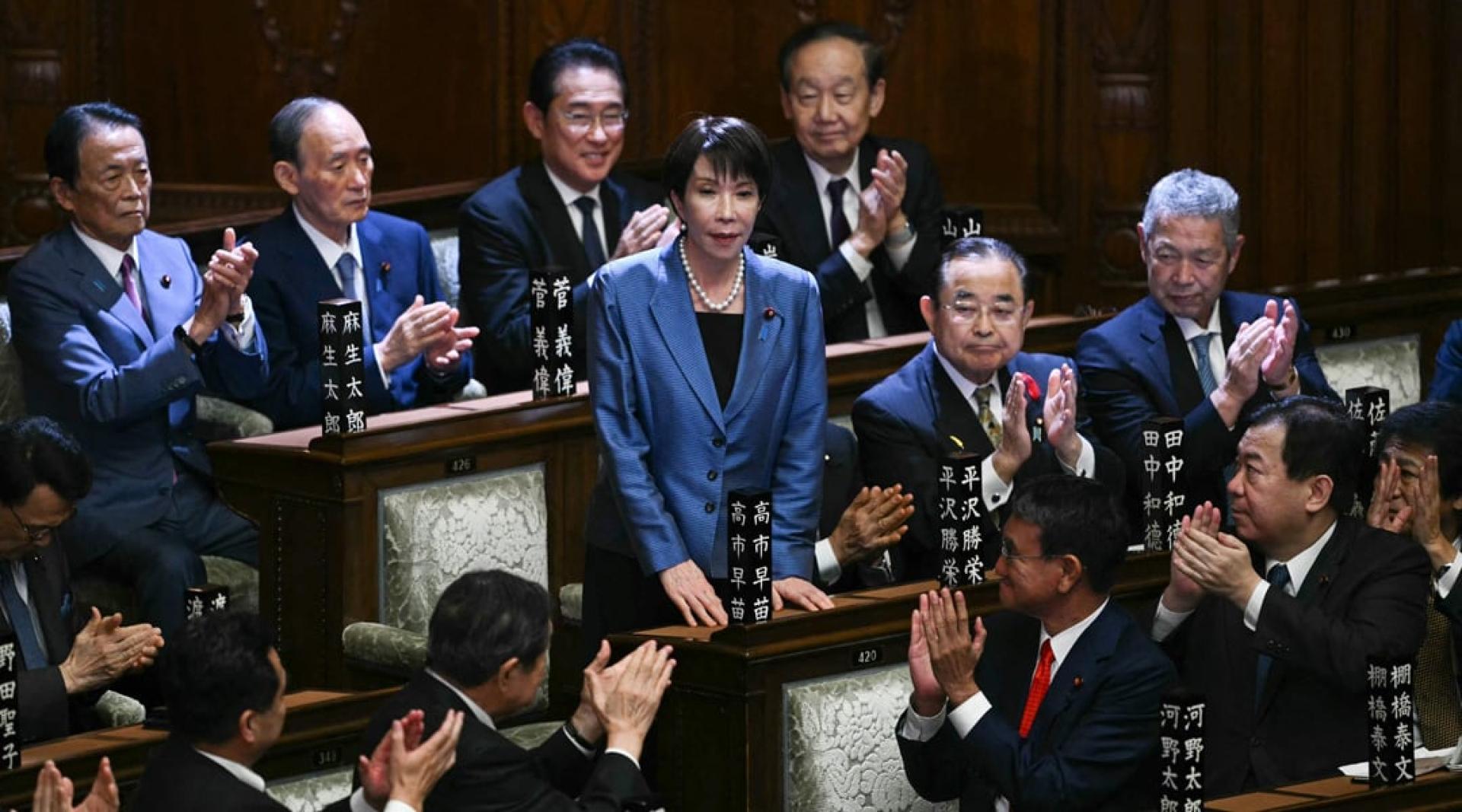(Tokyo, 21st, Xinhua/Malaysian National News Agency) – Japan's Liberal Democratic Party president Sanae Takaichi won both the House of Representatives and House of Councillors Prime Minister designation elections at today's extraordinary session of the Diet, becoming Japan's 104th Prime Minister and the country's first female Prime Minister.
The House of Representatives Prime Minister designation election began at around 1pm local time (around 12pm Beijing time), with Sanae Takaichi receiving 237 votes out of 465 valid ballots.
In the subsequent House of Councillors Prime Minister designation election, Sanae Takaichi did not secure a majority in the first round, but won after two rounds of voting.
Sanae Takaichi will now proceed to form her Cabinet.
Afterward, following the Prime Minister's appointment and cabinet ministers' certification ceremony to be held at the Imperial Palace, the new Cabinet will be officially inaugurated.
According to Kyodo News, Prime Minister Shigeru Ishiba's Cabinet collectively resigned at a Cabinet meeting held this morning.
Ishiba had expressed his intention to resign in September following the devastating defeat in the July House of Councillors election, but coordination over the election of a new LDP president and the Diet's Prime Minister designation took time.
Ishiba served for 386 days, making him the 24th longest-serving postwar Prime Minister, just after Yoshirō Mori.
During his tenure, Ishiba focused on regional revitalization and building a disaster-resilient nation, unveiled the 'Regional Revitalization 2.0' basic initiative aiming to double the number of young people relocating from the Tokyo metropolitan area to local regions; and established a preparatory office towards the planned creation of a Ministry of Disaster Management by fiscal 2026.
In Japan-U.S. tariff negotiations, both countries reached an agreement to adjust reciprocal tariffs and auto tariffs to 15%. Regarding minimum wage, the nationwide average increase for fiscal 2025 marked a historic high.
Facing soaring rice prices, the Ishiba government released reserve rice onto the market, effectively putting an end to policies that controlled total cultivation areas (gentan policy).
On the 10th of this month, Ishiba delivered a message marking the 80th anniversary of the end of the war, emphasizing the importance of 'civilian control'—the superiority of politics over the military.
However, a snap Lower House election soon after Ishiba took office in October last year left the ruling party a minority, resulting in a prolonged situation where governance became difficult due to the need to make concessions to opposition parties.
In the House of Councillors election, including non-reelected seats, the target of maintaining a majority of seats was not achieved, making it impossible to push forward with policies such as responding to high prices and resulting in a prolonged political vacuum.
